life under construction. if only I stopped to recall this phrase.
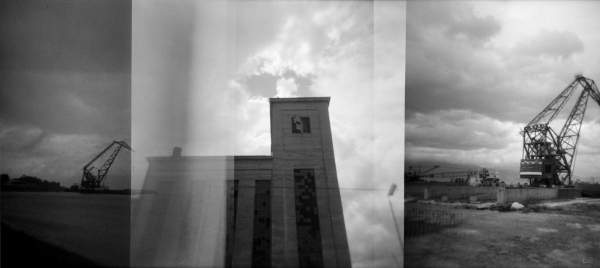
waiting – like my forgotten cameras – to wake up
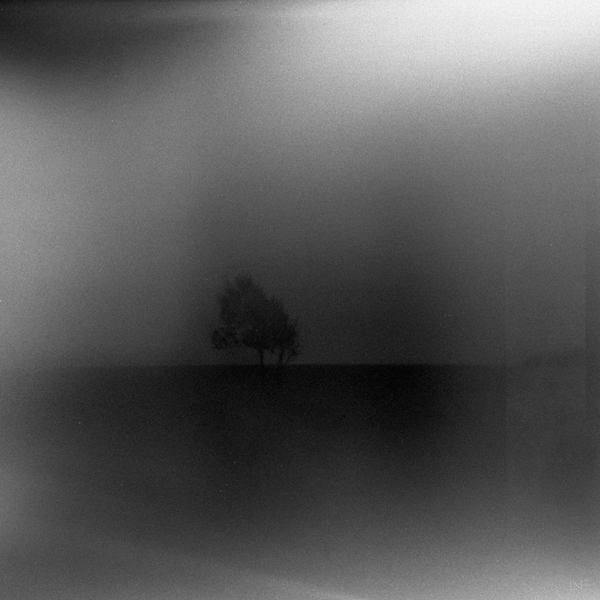
life under construction. if only I stopped to recall this phrase.

waiting – like my forgotten cameras – to wake up

Summertime, and the feeling it’s easy.
Great time we had, when she came back to Athens for a weekend.
She is beautiful. She is a good friend. She is a concert buddy. She is Evi.
_. όμορφη ημερομηνία, όμορφα καίγεται.
δεν ήξερα, αλλιώς θα του έφτιαχνα και πίτα, θα έκλεινα τα φώτα, και θα το καλωσόριζα κι αυτό.
μα όταν το παίρνεις με το στραβό δε λέει να φύγει.
«καλώς το κρύωμα» θα έλεγα, θα με σνόμπαρε και θα’φευγε. Αμ δε..
home alone no4 (χωρίς χούμορ και δράση)
σπιτίσια νεκρή φύση. (λες να την ψόφησα με τόσο φτέρνισμα;)
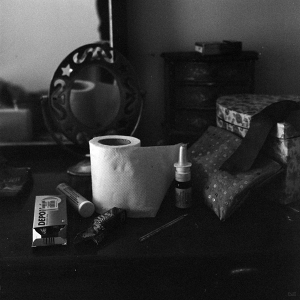
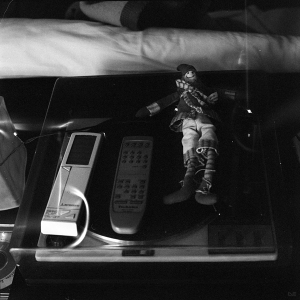
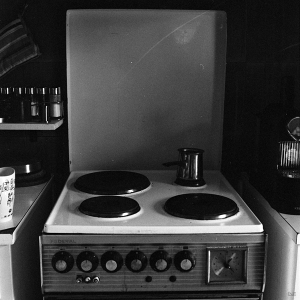
.
even my dreams can be hurt. sunday evening always comes along with blue thoughts. blue thoughts for my present. deep blue thoughts for my future. it’s ironic as i’m considered very optimistic person. however, at this moment i have my hamletic problems: to be or not to be! but i never end up with an answer. neither shakespeare did, i guess, but he could present with great charm his dilemma. google just showed me the way. his way. yes, it’s true, i’ve never read the whole part before.
.
«To be or not to be– that is the question:
Whether ’tis nobler in the mind to suffer
The slings and arrows of outrageous fortune,
Or to take arms against a sea of troubles
And, by opposing, end them. To die, to sleep
No more – and by a sleep to say we end
The heartache and the thousand natural shocks
That flesh is heir to – ‘tis a consummation
Devoutly to be wished. To die, to sleep
To sleep, perchance to dream. Ay, there’s the rub,
For in that sleep of death what dreams may come,
When we have shuffled off this mortal coil,
Must give us pause. There’s the respect
That makes calamity of so long life.
For who would bear the whips and scorns of time,
Th’ oppressor’s wrong, the proud man’s contumely,
The pangs of despised love, the law’s delay,
The insolence of office, and the spurns
That patient merit of th’ unworthy takes,
When he himself might his quietus make
With a bare bodkin? Who would fardels bear,
To grunt and sweat under a weary life,
But that the dread of something after death,
The undiscovered country from whose bourn
No traveler returns, puzzles the will
And makes us rather bear those ills we have
Than fly to others that we know not of?
Thus conscience does make cowards of us all,
And thus the native hue of resolution
Is sicklied o’er with the pale cast of thought,
And enterprises of great pitch and moment
With this regard their currents turn awry,
And lose the name of action.—Soft you now!
The fair Ophelia! Nymph, in thy orisons
Be all my sins remembered.» Hamlet, William Shakespeare
completely out of focus but i love it somehow…
the same strange feeling when i don’t wear my glasses.